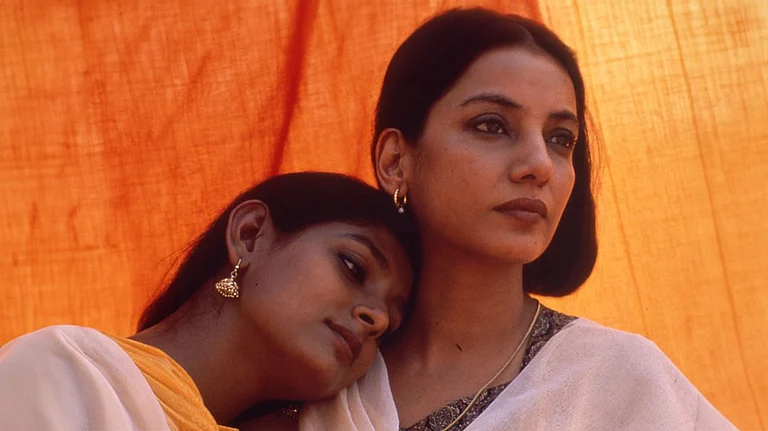The Indian Film Festival of Melbourne (IFFM) 2025, which is scheduled to take place from August 14–August 24, 2025, will screen nearly 75 films that reflect themes of inclusivity spanning gender, race, sexuality, disability, and women’s representation. The LGBTQ+ Pride Night, one of the major highlights of the festival, is scheduled for August 22. It will feature the restored version of India's first LGBTQ film Badnam Basti (1971), which will be a perfect tribute to queer cinema and Queer South Asian identity in Australia.
Restored Version Of Badnam Basti, India's First Queer Film, To Be Screened At IFFM 2025
The Pride Night of IFFM 2025, will feature the screening of the restored version of 1971 film, Badnam Basti.
Directed by Prem Kapoor, Badnam Basti starred Nitin Sethi, Amar Kakkad, and Nandita Thakur. It revolves around a love triangle among two men and a woman.
As per an article in The Guardian, the film was apparently lost after it was screened at the festivals, but a 35mm print was discovered accidently, in the archives at the Arsenal Institute for Film and Video Art in Berlin, by two US curators, Simran Bhalla and Michael Metzger, in 2019, while they were searching for work by a different director with the same surname.
The screening of Badnam Basti will be followed by the Australian premiere of We Are Faheem and Karun, a tender queer love story directed by Onir.
On the representation of LGBTQ+ community, IFFM Director Mitu Bhowmik Lange, in a statement, shared, "At IFFM, we believe cinema has the power to connect and create conversations. It is our responsibility to reflect on the world we live in, with all its beautiful diversity."
She added that the "Pride Night is not just about celebrating queer identity but also reclaiming the space that has long been denied to LGBTQIA+ narratives in Indian cinema" and "through films like Badnam Basti and We Are Faheem and Karun, the festival aims to "honour the past and embrace a future of inclusive storytelling."

